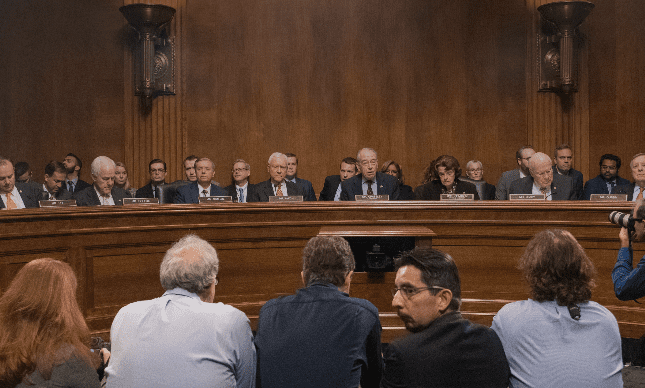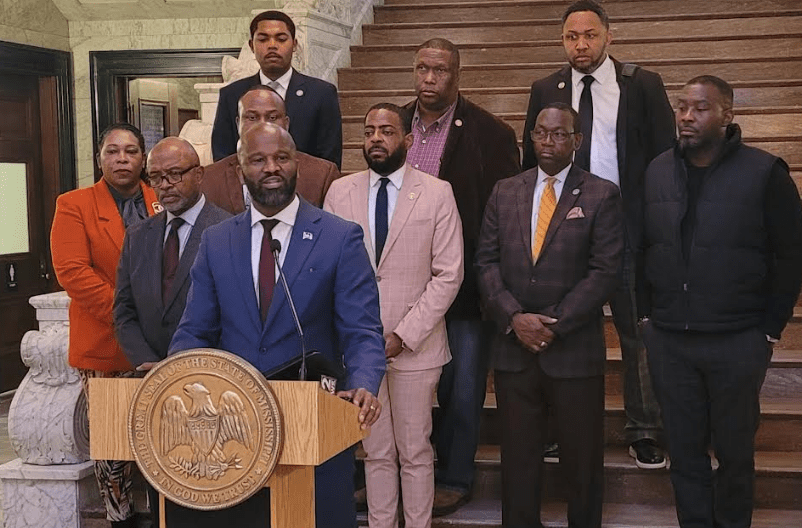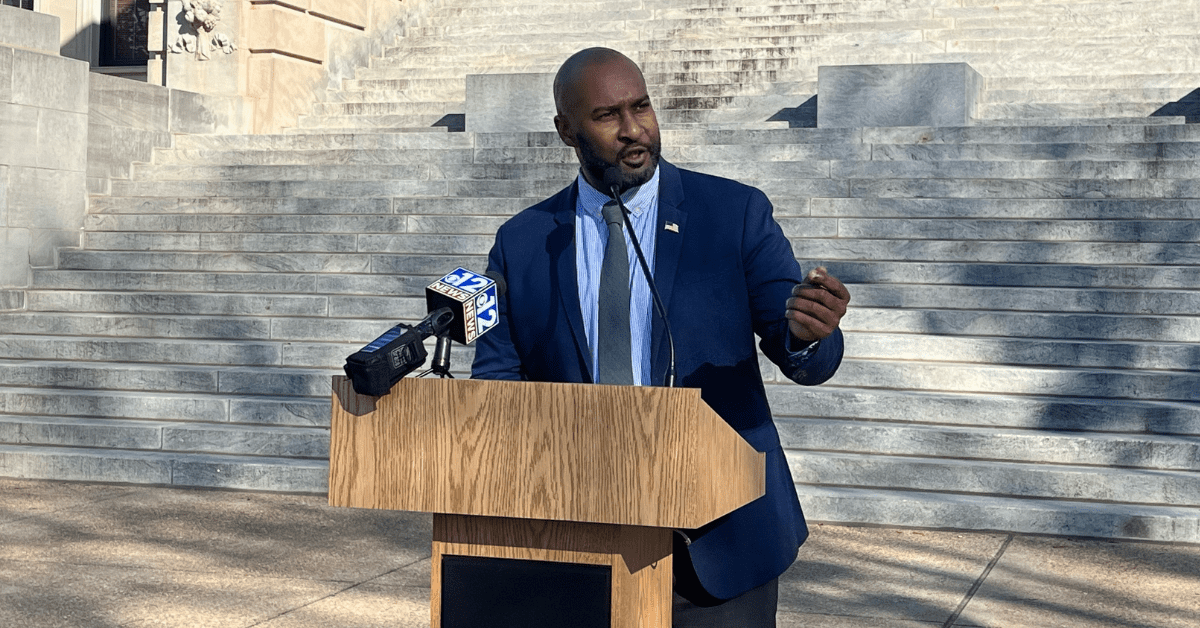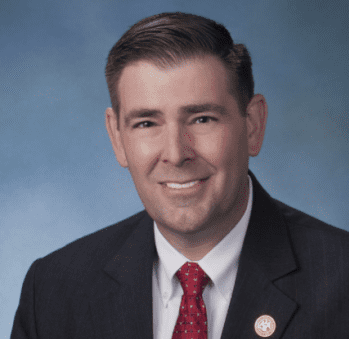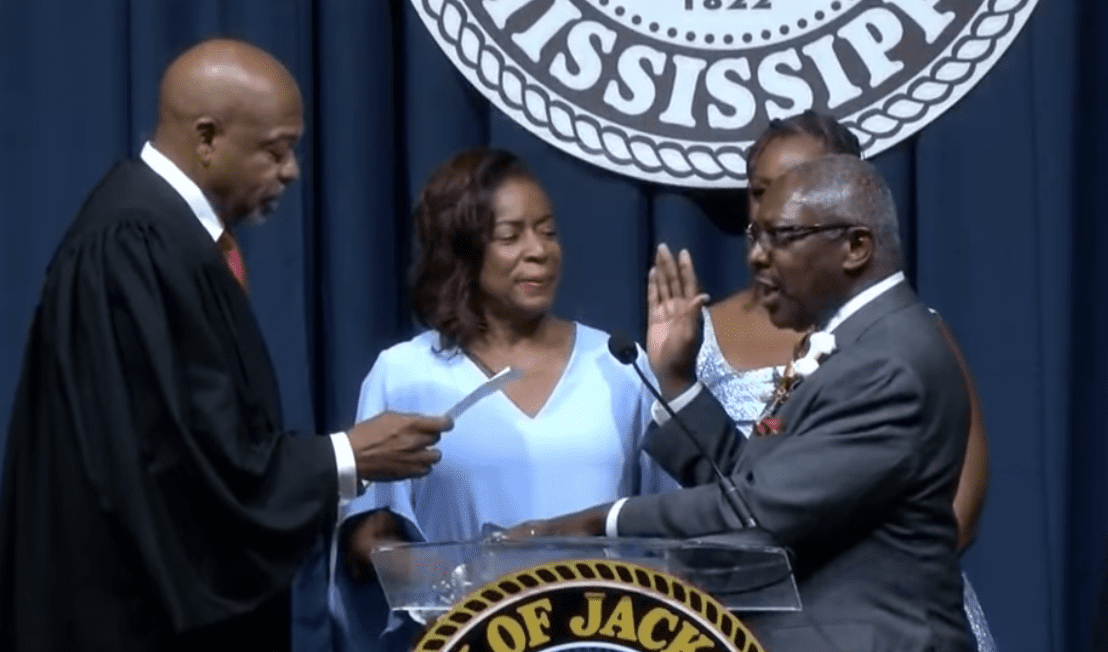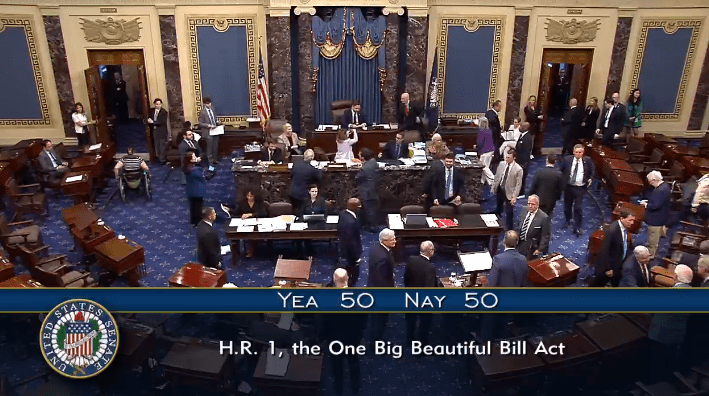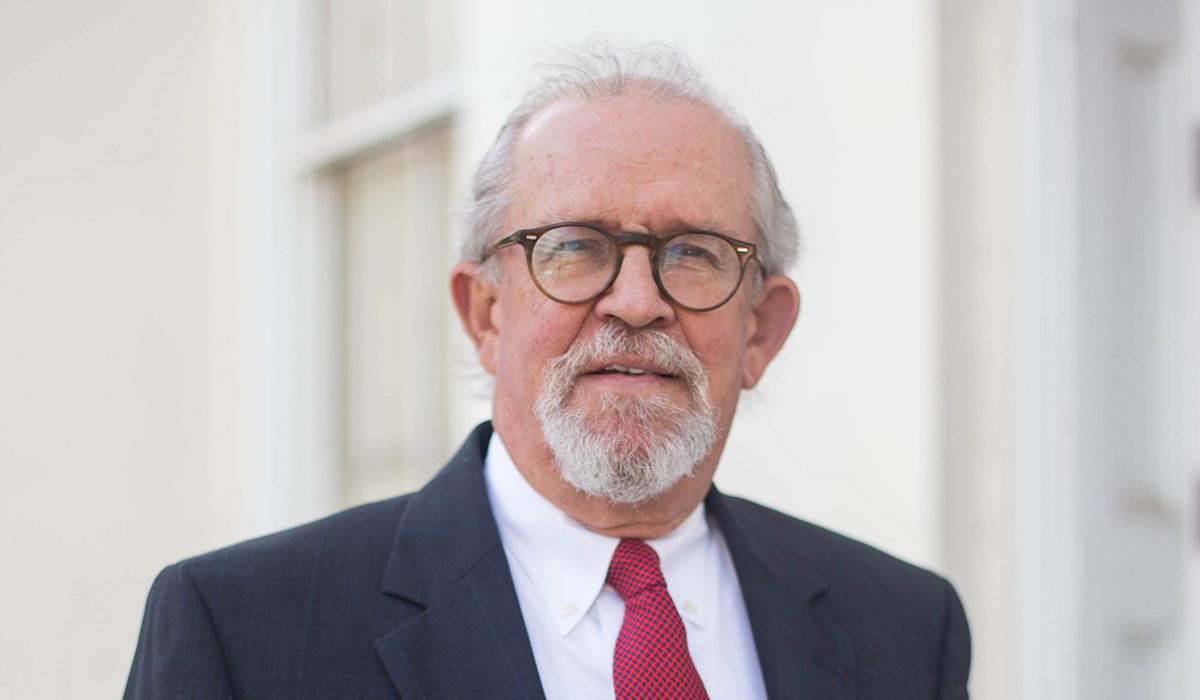
Even in times of uncertainty there are opportunities to rethink and adapt to what is the new normal. Response to the coronavirus has forced a shift in how every sector of society operates, including public education and the delivery of the service it provides.
In Mississippi, Gov. Tate Reeves ordered schools closed at least through April 17. End of year testing assessments have been waived by the state and federal government. Schools have moved to online learning in many places across the state while others in areas where internet availability may be lacking are providing packets for students to complete the last nine weeks of the school year.
Much of what the state is seeing was once unheard of or thought to be incomprehensible in terms of flexibility in the education system.
While many parents are making the best of an unusual situation, and even perhaps learning the challenges of educating their own children, other parents across the state are questioning the need to have education delivered in the manner in which it has been so rigidly provided in an ever-changing world of technology. Those parents are asking if there are ways to allow more freedom in how their children receive public education in Mississippi long term.
The Mississippi State Board of Education appears willing to discuss opportunities for changing or enhancing how public education is delivered once this event runs its course. Dr. Jason Dean, chairman of the board, told Y’all Politics he sees innovation in education as a result of this crisis.

“Disruption has always led to opportunities for innovation and this time is no different,” Dr. Dean said. “We have significant efforts underway already to provide online learning to Mississippi’s 465K school children. Not surprisingly there is a great deal of disparity when it comes to the delivery. This is true mostly for low income rural and urban districts but also for special education students. We have to take all of this into account when developing a statewide plan.”
Mississippi students already have access to hundreds of online courses provided by both private entities and public universities. The challenge lies in how those courses are funded and how it translates into the system if expanded.
“Any student can take courses online,” Dr. Dean noted. “The policy challenge is how is it paid for and by whom? I think there is some fertile ground to get the financing policy right. If there was a predictable stream of income, the private sector providers and others, such as universities, would likely expand their offerings. There are also major accountability matters to consider.”
Dean believes there is an openness by the education community to explore ways to move distance learning in K-12 education forward but it will require very in depth discussions on a complex issue and it will not happen long term over night.
“There is clearly a willingness by the public and educators specifically to embrace distance learning as a component of education,” Dr. Dean said. “It becomes complicated when you start to break down how and to whom is receiving their education in this manner.”

Pascagoula-Gautier Schools Superintendent Wayne Rodolfich agrees that the education system benefits from increased technology and access to online resources, but, as Dean notes, accountability is an issue, as is the need for a space for most children to be during the work day.
“I believe this virus has created an opportunity to better understand the need for comprehensive bandwidth acquisition and upgrading the technology hardware infrastructure in our schools and homes,” Rodolfich told Y’all Politics. “There is no current system of monitoring who is completing online student assignments or whether students will complete their work. I believe in extreme circumstances we can utilize these platforms for abbreviated time period, but the personal attention students receive in schools cannot be replaced by this platform with the current resources in place.”
Rodolfich says his district has been on the leading edge of implementing technology and advocating for increased broadband access for educational opportunities, even training educators from around the state on how to put it into practice.
“There has to be a high standard for these types of educational resources,” Rodolfich said. “We are currently sharpening the skills of our teachers through online staff development right now. We trained over 186 teachers on multiple Google resources and online learning platforms in an online classroom today. These individuals have job specifications, which require their participation.”
Advocates for providing more online opportunities for those students and families who want the educational freedom to develop and grow outside of the public school building point to the potential cost savings if changes were made to the delivery methods and options were provided like we are seeing designed and administered now. However, that is what Dr. Dean calls “Education 3.0.”
“I think that is Education 3.0 and we are getting there but still a fair ways off. Students who were not in school would still have to be with someone if their parents were at work,” Dr. Dean said. “You can definitely achieve savings but I don’t necessarily see the expansion of distance learning happening because of that issue.”
Dean says he thinks most parents want their children to be exposed to the highest possible levels of content they can get.
“Unfortunately, it is hard to find a physics teacher for every school district or an abundance of coding or artificial intelligence instructors,” Dr. Dean said. “So when you have a demand for higher level learning and the supply can’t meet it, therein lies the value proposition for online courses. At least in the near term.”
Superintendent Rodolfich believes ensuring that the infrastructure to provide comprehensive online learning for every child in the State of Mississippi at home and in school would be a significantly higher cost and would paramount before the state is ready to embrace this on a larger scale.
“A greater challenge would be to deliver the appropriate inclusion and accommodations needed by exceptional children and English language students,” Rodolfich says. “This requires multiple checks and balances. Equal access must be present for every student. It is very difficult to replace a licensed, degreed, professional with an online platform when so many specialties are required to meet the local, state, and federal legal standards we are held accountable for achieving.”
As for easing the testing requirements in state and making that a permanent change, something a handful of lawmakers and parent advocates have repeatedly called for, Dr. Dean says that is a legislative issue as most tests are required by state and federal law.
“Our job (Board of Education) is to ensure that the tests are being properly administered and that taxpayer money isn’t wasted,” Dr. Dean said. “I think you would be hard pressed to find anyone out there who says we do not test enough but the real question is how otherwise would the public like to know how districts, schools, and students are doing?”
State Rep. Jansen Owen sees this as an opportunity to discuss these public policies on education and testing as the state moves out of this pandemic.
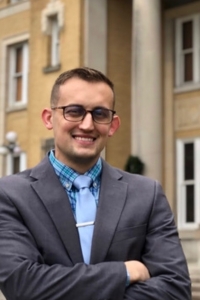
“Look at our state’s education system and its historic reliance on state testing mandates. The testing mandates are waived, and while the schools are closed, our teachers and schools are still sending work home to students, tele-educating, and making certain that our children do not fall too far behind,” State Rep. Owen told Y’all Politics. “What’s impressive about this new education model is that for the first time in decades, our schools and our teachers are actually teaching our children what they need to learn, and not what they need to learn to pass a test. It’s just a shame that it took a global pandemic for us to see that our world will survive without mandated state testing.”
On his own time, Rodolfich has long been a proponent for making the ACT the primary testing requirement in Mississippi high schools.
“This is my personal opinion based on the 21 years I have worked in high stakes testing environments. I have been in public education for 27 years,” Rodolfich said. “I have always believed that the ACT and the ACT WorkKeys, since College and Career Academies have been introduced, should be the platform examinations for high school students.”
Rodolfich says the ACT comprehensively measures the full departmental capacity of each high school and engages three full departments including English, Science and Mathematics.
“There is a high reward through scholarships for high achievement,” Rodolfich added. “The ACT, nor the ACT WorkKeys should be used as a punitive measure, but rather a diagnostic measure to determine where schools can improve in these areas. The WorkKeys provides a measure of career aptitude for potential success in the workforce. These tests can be administered in an economy of time and balance the teaching responsibility among all teaching disciplines.”
